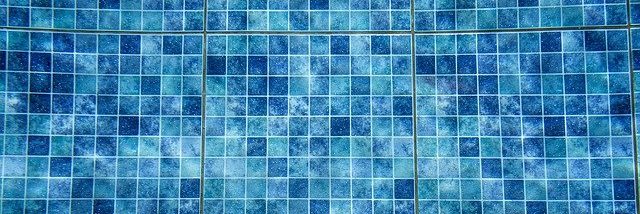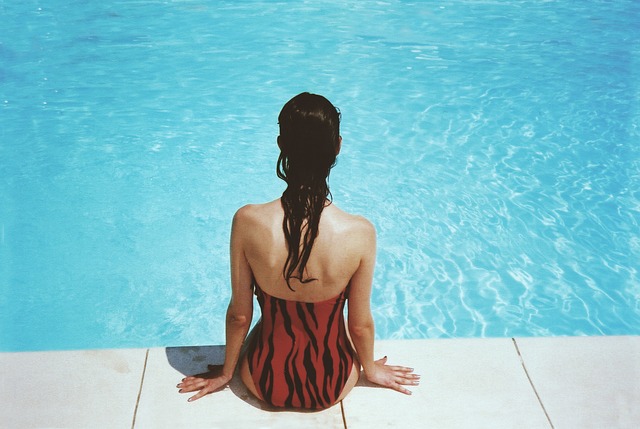Within this article, you will read about important basic maintenance topics and answer questions about how to clean your pool. This article is divided into four main topics.
How to clean your swimming pool
Part I: Pool Maintenance Basics
One of the ultimate pool maintenance items is to maintain your pool’s water chemistry so that it is in close-to-neutral pH ranges, and the water stays so for as long as possible’ every day either through use or through proper washings.
Any pool cleaner/sanitizer will do the trick, even if it’s just Step-Up or chlorine and baking soda. Make sure your pool’s water looks good, smells good, is odor-free, and looks and performs like new. Your pool’s water chemistry is your pool’s Olympic Games.
Part 2: Pool Chemicals
Pools need to be provided with an adequate, consistent water environment so they work properly and equalize the water chemistry throughout the pool itself. This in turn keeps most of the chlorine and other footprint-inducing chemicals out of the water.
Chlorine is the most common chemical found in swimming pools, giving it the nickname “the cleaner.” Even though it is famous for killing mosquito larvae, its thirst-quenching properties make it a purposeful competitive swimmer as well.
Sunlight, nitrogen, and carbon dioxide all convey to the water chemistry enough information (via light/temperature/something in that specific garden) to compensate for the various chemical changes as the day changes from summer into winter, from spring to autumn, or from fall to winter.
The same is true of the water in swimming pool water chemistry just as the same is true for all other body parts’ your lungs, your teeth, and your skin. This swimming chemistry is everything.
Another fun way to test the information reflected in the water chemistry of a swimming pool would be to imitate sunlight or the sun. If your pool sits directly under heavy cloud cover, supplemental, filtered, or ultraviolet sunshine may provide some relief. If your pool sits directly in sunlight, practice adding pheromone pellets to help the water’s negative allergen “innate” into the pool water chemistry.
Part 3: Basics of Water Management
While it is important to understand how pool chemistry is affected by all of the additional things in the water’ from sixth- etc. strength chlorine’ to exotic chemicals’ even pools need a basic understanding on the formation of a pool.
After this basic summary, many pool events, lessons, and guides include a more in-depth section on the chemistry of the water. The chemistry of pool water is also discussed briefly at the end of this article.
When on a trip or in need of a pool maintenance inquiry for your pool, use this online pool primary chemist calculator. The pool chemist calculator provides a very quick, and free, way to determine the chemical content of a pool or spa water tank.
I recommend an outdoor pool chemist test kit for every pool. This tests your out of the norm pool water chemistry.
This is a basic lab test package for the indoor swimming pool. You will use it to determine when a water change is necessary. It provides the carbon dioxide and nitrogen results and tells you when water is healthy and when it is unhealthy.
This one is a great place to properly examine the water condition of a swimming pool/spa. It combines a report on the pool environment, a pH test, and a light/color test.
Part 4: Pool Filters
Companies that sell carbon filtered water for pools have liability insurance where the pool manufacturer will cover mop-up operations if you had to remove all the debris in the pool because of a wet or dirty area.
You can purchase this pool cleaning package at all of the markets where Sinclair Electronics sells indoor swimming pools.
Also find out more about:

